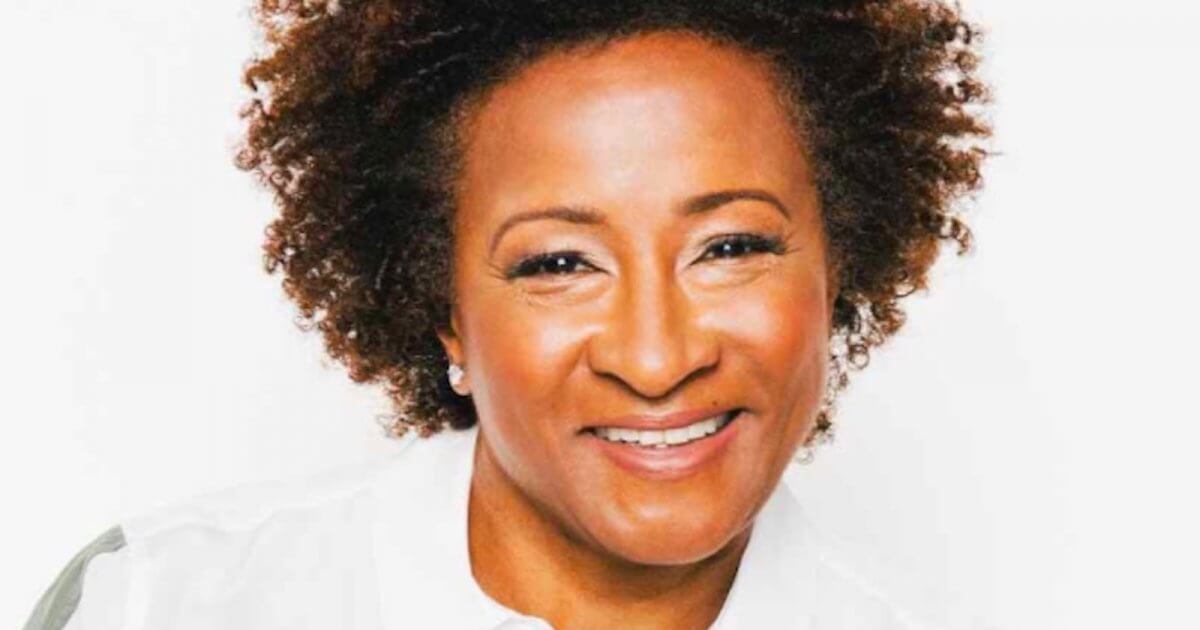Wanda Sykes, who survived breast cancer in 2011, is pretty open about marriage under quarantine: “This is new territory for married couples,” she said on “The Ellen Show” yesterday. “Ain't nobody signed up for this. We said in sickness and health, but nobody said 24/7 with just you,” says Sykes who has twins with her wife, Alex.
Read MoreCancer Detected After Reduction Surgery
Sykes’ breast cancer was discovered in tissue tests done after breast reduction surgery. "I had just had a mammogram and a biopsy, and it all came back negative, the Dr. Anne Partridge of Dana-Farber Cancer Institute on Stage 0 breast cancer: “Do we actually need to do surgery?”comedian told People. "If I hadn't had the reduction, who knows what would have happened." Although her DCIS, ductal carcinoma in situ, was a noninvasive form of breast cancer, classified as stage 0, Sykes opted for a double mastectomy.
“I could have taken the drug Tamoxifen and gone back every three months to keep an eye on it,” she explained, but surgery eliminated the risk of breast cancer down the road. “I have a history of breast cancer in my family too, so I was going to do whatever it took to
View this post on Instagram
#PSA #HamptonRoads #NewportNews #Portsmouth #757 #Covid19 #NoCovid #StayHome #WashYourHands
reduce my chances of getting an invasive cancer. When my doctor said the smart choice would be to remove both breasts, I was like, ‘Thank you!’ I just needed to hear someone say it,” she recalled. She went with reconstruction adding, “a nice C works for me.
RELATED: Why do African American Women with Breast Cancer Have a Higher Risk of Dying From It?
“I love life and I know I'm blessed. The kids are also a huge part because you want to be around for them. My scars? I barely see them. I feel whole; I really do. Because every day, I get to say, "There's no cancer." I'm healthy, and that's beautiful.”
What Is DCIS Breast Cancer?
Stage zero breast cancer refers to DCIS, or Ductal Carcinoma In Situ. DCIS are abnormal cells that line the duct in a breast. A normal breast is made up of lots of ducts (these ducts carry milk to the nipple in a woman who is lactating).
DCIS is not an invasive cancer, meaning it hasn't spread outside the milk duct and it cannot invade other parts of the breast. In some instances, if left untreated, doctors believe that DCIS can evolve into a more invasive breast cancer. For this reason, historically, the standard treatment for DCIS is to remove it surgically and in some instances offer radiation as well.
Stage 0: What’s The Risk?
The National Cancer Institute says the problem is that “there's no way to predict which cases of DCIS are harmless and which will become life-threatening. However, experts agree that when caught at this early stage, the prognosis for women is "excellent."
RELATED: Rita Wilson Leaned on Husband Tom Hanks During Cancer Battle
In Sykes' case, she told DeGeneres that she didn't want to take any chances, especially since cancer runs on her mother's side of the family. She did not reveal whether she has a mutation in her BRCA1 or BRCA2 genes, which increases a woman's lifetime risk of breast cancer from 12% to about 60%.
RELATED VIDEO: Prophylactic Mastectomy for High-Risk Women
"I had both breasts removed, because now I have zero chance of having breast cancer," Sykes told DeGeneres.
Well, not exactly. A double mastectomy certainly reduces one's risk of breast cancer, but it doesn't actually eliminate it, according to the Mayo Clinic: Prophylactic mastectomy is highly effective. Studies show it reduces the risk of developing breast cancer by 90 percent in moderate- and high-risk women.
Learn more about SurvivorNet's rigorous medical review process.


